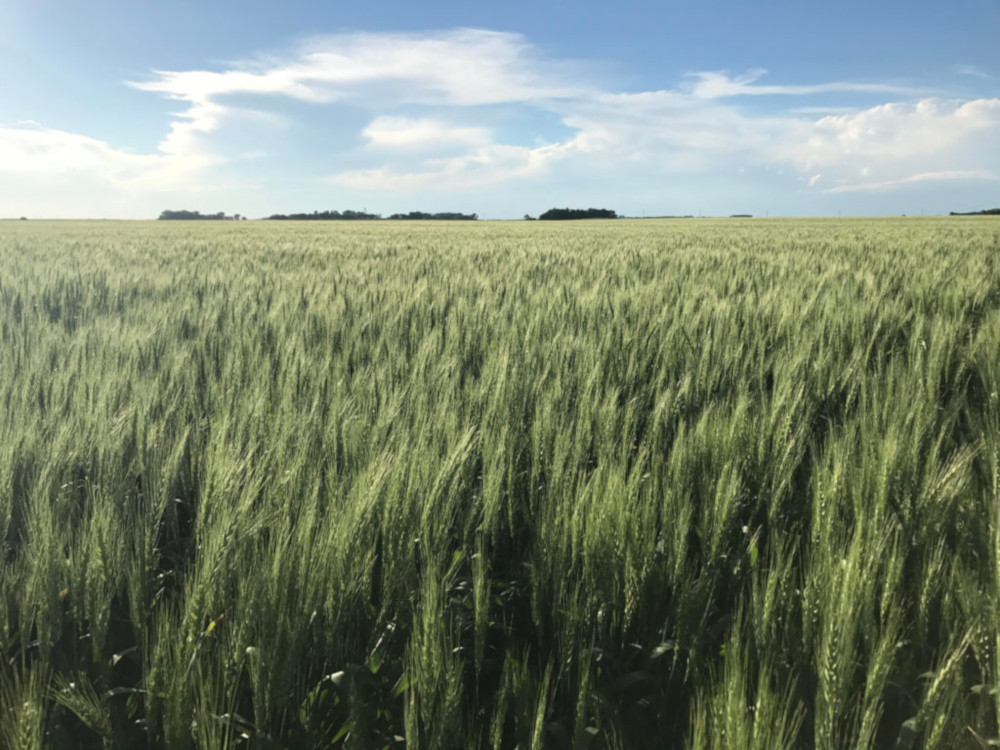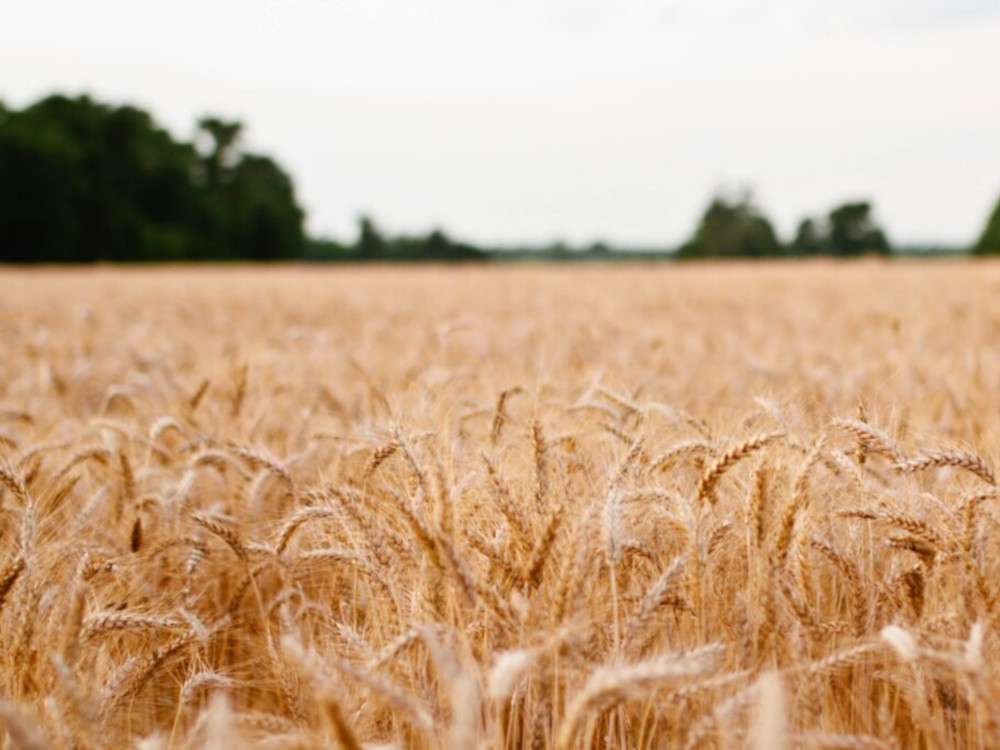Throughout this past winter, staff from the Minnesota Wheat Research & Promotion Council (MWRPC) and farmer-leaders have been hard at work reviewing and approving projects for the 2023 On-Farm Research Network (OFRN) as the program begins its 11th year.
Minnesota Wheat Vice President of Research Melissa Carlson is looking forward to promising insights from trial data for the 2023 season. Data from the OFRN is shared during a presentation at the annual Prairie Grains Conference, which is held Dec. 13-14 in Grand Forks, N.D.
Past data from the OFRN is also available at mnwheat.org/council/farm-research-network/. To learn more about participating in the trials, contact Chis Matter at 218-688-3523 or Carlson at 952-738-2000.
Continuing trials
Nitrogen Rate Response – The OFRN’s first completely map-based trial, six N rates applied as one-acre plots with a prescription map with the fall or spring N application to examine both varietal responses to N rate, and examine the most profitable N rate fertility strategies for those varieties.
Foliar copper applications in wheat – Some consultants and growers on non-peat soils have noticed copper deficiencies beginning to show up inside and outside of the Red River Valley. The OFRN is testing foliar applications of chelated copper at the tillering stage to see if there is an economic increase in yield.
Polyhalite fertilizer – MWRPC is working with a fertilizer company to evaluate the potential of the natural mineral fertilizer polyhalite (0-0-14-19S-17Ca-6Mg) as an alternative source of sulfur for spring wheat.
Rye termination timing – MWRPC has partnered with the University of Minnesota to test rye termination dates when rye is planted after wheat harvest, and soybeans are planted into the rye residue the following spring. The OFRN will test termination dates of one week prior to planting, termination at soybean planting and rye termination one week after planting, and the effect on weed control and soybean yield.
Reduced tillage – This trial is tailored toward growers interested in conservation practices, but who haven’t yet implemented those practices on their farm. The OFRN team will take a look at reducing one tillage pass in the fall on a field that would normally get two passes of tillage after wheat harvest.
Volunteer wheat as a cover crop – The OFRN is looking to quantify the field effects when volunteer wheat is left to grow after harvest, compared to a grower’s regular control practices. The intent is to further delve into the amount of residual nitrate taken up by the wheat, the amount of biomass out in the field prior to freeze-up, and the effects of the residue on the following crop’s stand establishment and yield. We will compare the volunteer wheat results to what a grower might expect when seeding a fall cover-crop.
New Trials for 2023 – Biologicals
Pivot Bio RETURN – MWRPC will work with Pivot Bio to evaluate N use efficiency with RETURN, its new biological seed treatment for wheat.
Johnson-Su Compost Extract – The OFRN and the UMN received grant funding to test vermicompost extract applied as either a seed treatment or liquid in-furrow application to assess N and P use efficiency in wheat and row crops. This method of biological amendment is used in high-value horticultural and vegetable crop production, and we will be testing a farm-scalable approach to measure the short term and long-term impacts on fertilizer use efficiency and the soil microbial community in commodity crop production.





